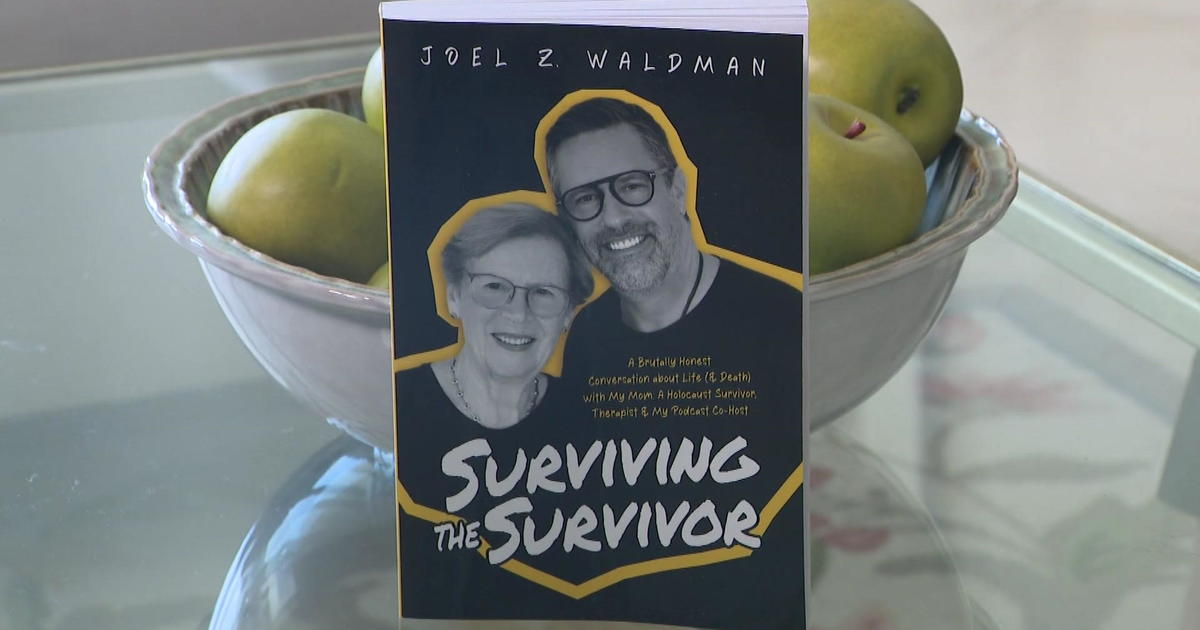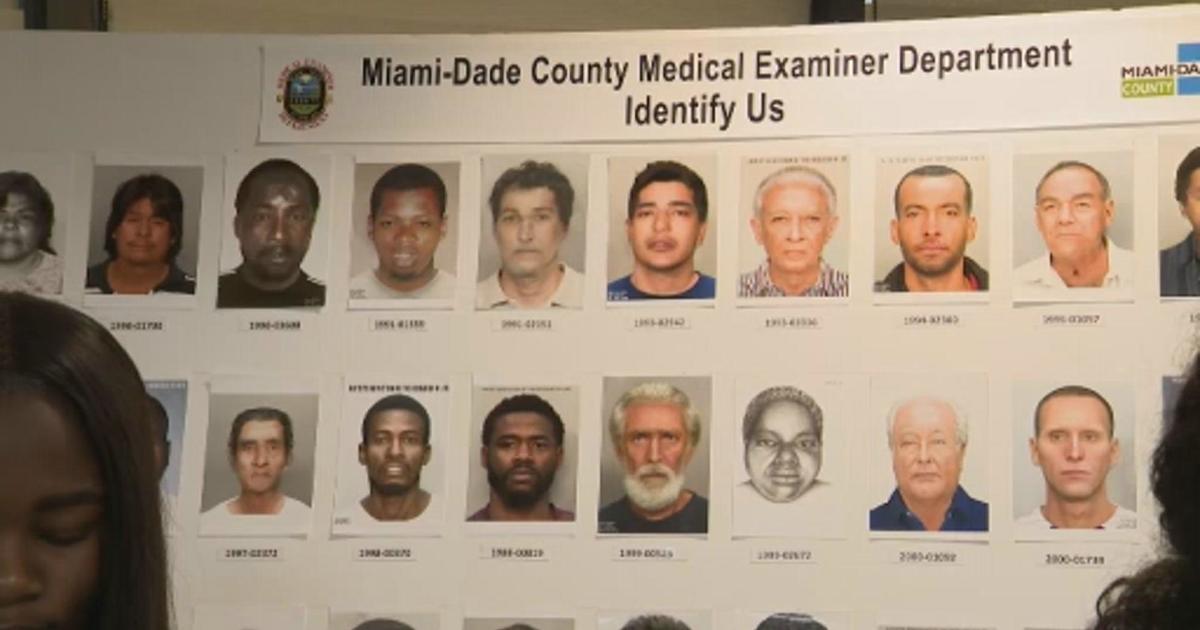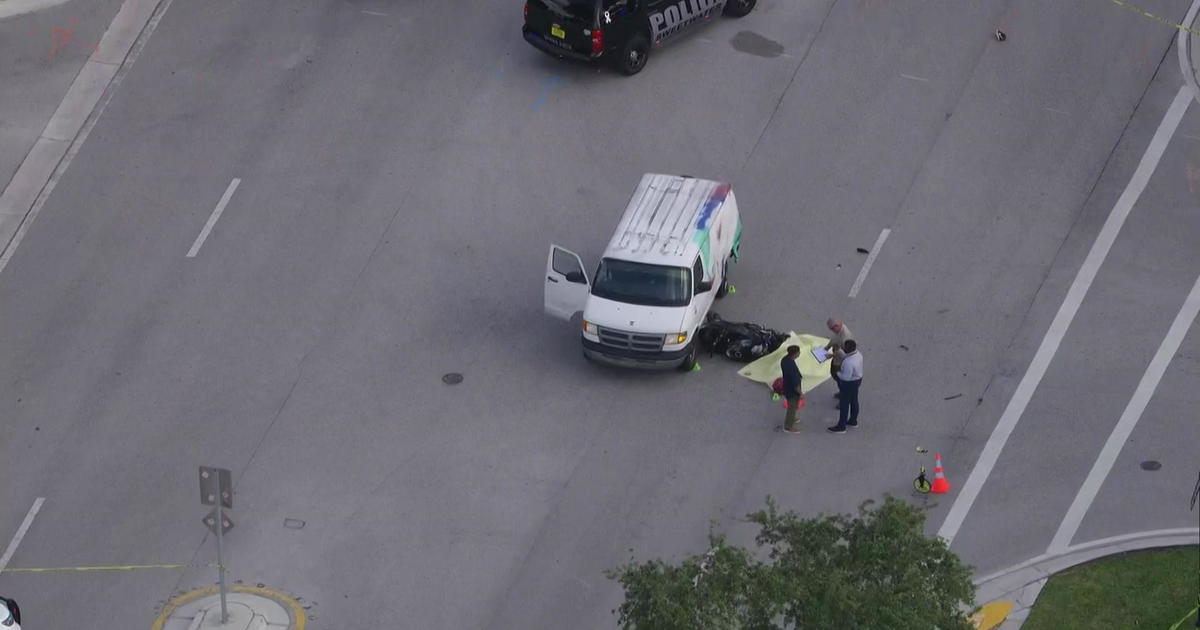Despite challenges, Marathon paramedics make most of training, equipment to save lives
MIAMI - Paramedics for the City of Marathon carry a drug more common in 1950s MASH units than ambulances in South Florida. It recently helped save a man attacked by a shark and is part of a strategy to sink problems with emergency response in remote areas of the Florida Keys.
Marathon EMS carry three times more drugs, 82, than average ambulances, Captain Joe Forcine said.
It helps the department overcome the island's 2½ hour drive to the nearest trauma center.
"We have an excellent hospital but it doesn't perform surgery," Forcine said. "It doesn't deliver babies. It doesn't work on cardiac patients with a cardiologist on call. So we have to be prepared. What that usually equals to is being able to stretch time and resources. Over time we've learned."
Three months ago, a bull shark attacked spear fisherman Kevin Blanco.
"Everything that could've gone wrong went right in this situation," Blanco's dad Omar said in May after the attack.
Paramedics feared Blanco would bleed out before a helicopter airlifted Kevin to Jackson Memorial South, Forcine said. So, they used a drug few ambulances carry. It's called Tranexamic Acid or TXA, a blood clotting drug given through IV or injected into bone.
Marathon medical leaders trained all 24 paramedics to administer it five years ago. Since then, it has helped save multiple shark attack victims, including Blanco, Forcine said. The drug helped stopped severe bleeding in less than three minutes, Forcine said.
"I have not seen it not work," he added.
Initially, the department wanted TXA to help victims of serious car crashes.
Forcine read about the drug's use in a combat medical journal. He often reads such material to find tools able to help ease challenges in providing emergency care in remote areas. Even with an air ambulance in the lower Keys and Marathon, winds from the Caribbean and storms limit when and where medical helicopters can respond, Forcine said.
A grant secured by the Monroe County Sheriff bought MRI machines for Marathon EMS ambulances.
"So we can actually look at blood chemistry and see whether or not someone has pitfalls in certain areas that would make us go down an avenue and treat a certain way," Forcine said.
Still, keeping staff is no small concern. The island's cost of living forces 80% of staff to commute from Miami, Forcine said.
"It's hard to attract new people and sometimes when you attract new people they'll leave for more money and stuff like that," Forcine said.
For now, the department is in good shape with enough supplies and people. Marathon EMS will continue to pursue new tools for ambulances, Forcine said.




